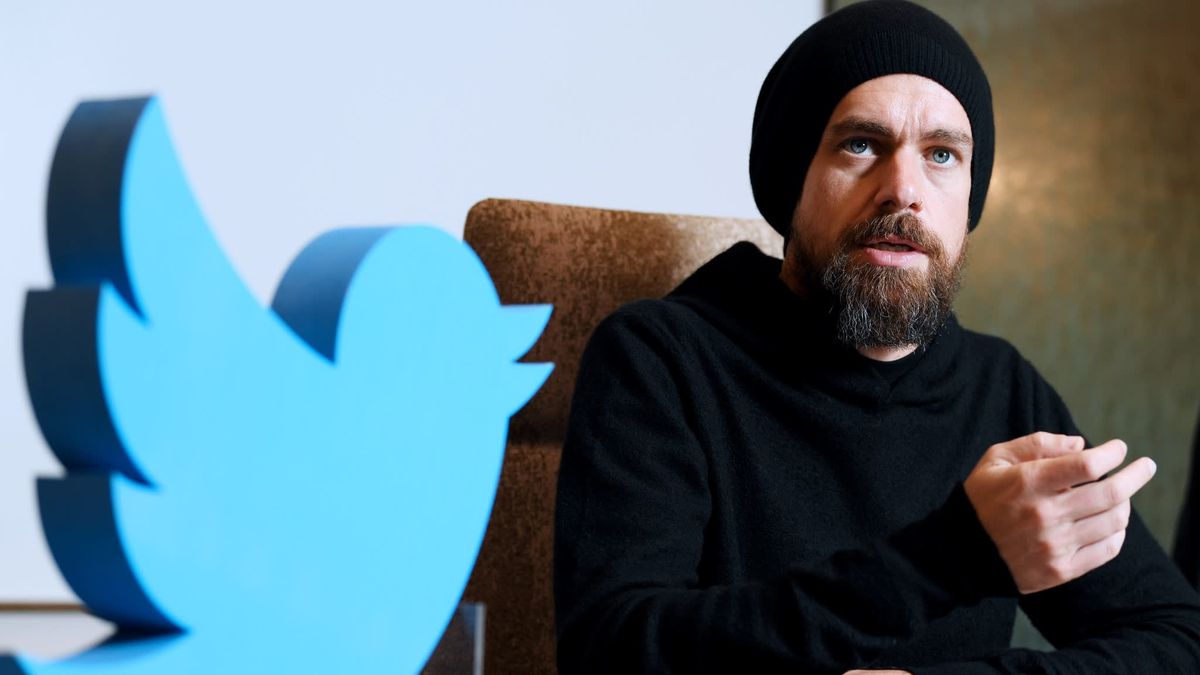Twitter outlines plan to ban political ads

A few minutes every morning is all you need.
Stay up to date on the world's Headlines and Human Stories. It's fun, it's factual, it's fluff-free.
On November 15, Twitter outlined its new policy to ban political advertising on its platform. According to Twitter’s Business page, political advertising will include references to political candidates or legislation, and it will not allow ads that advocate for a specific outcome on social or political causes. The ban will take effect on November 22.
Twitter’s CEO Jack Dorsey announced the decision on October 30 from his personal Twitter account. Dorsey said certain political ads had been spreading misleading information, which presented “challenges to civic discourse.” He added that political advertising “has significant ramifications that today’s democratic infrastructure may not be prepared to handle.”
“We believe political message reach should be earned, not bought,” he added.
The decision was announced after Facebook’s founder and CEO Mark Zuckerberg had said that Facebook would defend “free expression” and allow politicians to advertise any claims, even false information.
According to Vox Media, Twitter’s announcement to ban political ads was a public relations win for the company, notably after Zuckerberg defended Facebook’s stance against monitoring political content. Political advertising isn’t a big part of Twitter’s revenue and in the 2018 midterm, Twitter only made $3 million in advertising revenue. Compared to the company’s $3 billion in total revenue that year, that’s only 0.1%.
What is the policy and how will Twitter enforce it?
Twitter will ban political advertising on its platform globally. It defines political content as “content that references a candidate, political party, elected or appointed government official, election, referendum, ballot measure, legislation, regulation, directive, or judicial outcome.”
Under this new policy, Twitter will effectively ban all “appeals for votes, solicitations of financial support, and advocacy for or against [political content],” as well as all ads by “candidates, political parties, or elected or appointed government officials.”
There are some exemptions for news organizations that may reference political content in their advertising, as long as they don’t promote certain political agendas.
Twitter has stated initially that it would also ban cause-based advertising, also known as issue ads, including those related to climate change or women’s health policies. The company later changed course to say that it would allow advertising related to issues such as civic engagement, the economy, the environment, and social equity, but they can’t advocate for or against a particular political, judicial, legislative, or regulatory outcome related to these matters.
For example, a group could run a gun violence awareness ad, but cannot promote legislation to ban assault weapons used in mass shootings or link to the page of any politicians or political organizations promoting such an agenda.
Issue ads will also face restrictions around microtargeting, a tool that allows advertisers to reach their target audience based on their location, demographic information, interests, etc. Issue ads will only be able to target at a state, province or regional level and cannot target based on political interests.
Twitter said that it would enforce this policy using automated technology as well as human content moderators, according to Reuters.
[article_ad]
Political impact in the United States
Twitter’s announcement came as the 2020 US presidential campaign started heating up amid growing pressure on social media companies to stop accepting ads spreading false information that could affect elections.
Brad Parscale, US President Donald Trump’s re-election campaign manager, tweeted on October 30 that the policy was “yet another attempt to silence conservatives since Twitter knows President Trump has the most sophisticated online program ever known.”
Bill Russo, deputy communications director for former Vice President Joe Biden’s presidential campaign, told the New York Times that he appreciated Twitter’s move not to allow “disproven smears” to appear in ads, and said that social media sites need to do more to stop the spread of false information on their sites. “We look forward to seeing how the policy works in practice and intend to hold Twitter to its word,” he said.
Critics, however, say that the ban would disproportionately affect lesser-known candidates – challenging well-funded incumbents in local elections – who rely on social media ads to gain name recognition and grassroots support, according to Reuters.
Twitter said it would make its new rules as clear as possible. However, Vox Media says that Twitter failed to effectively address abusive behaviors and offensive content on its platform in the past, so it is unclear how it will approach political content now. In the past, tech giants such as Facebook and Google have struggled to moderate the vast amount of content uploaded to their sites. Will Twitter succeed?
[article_ad]




Comments ()